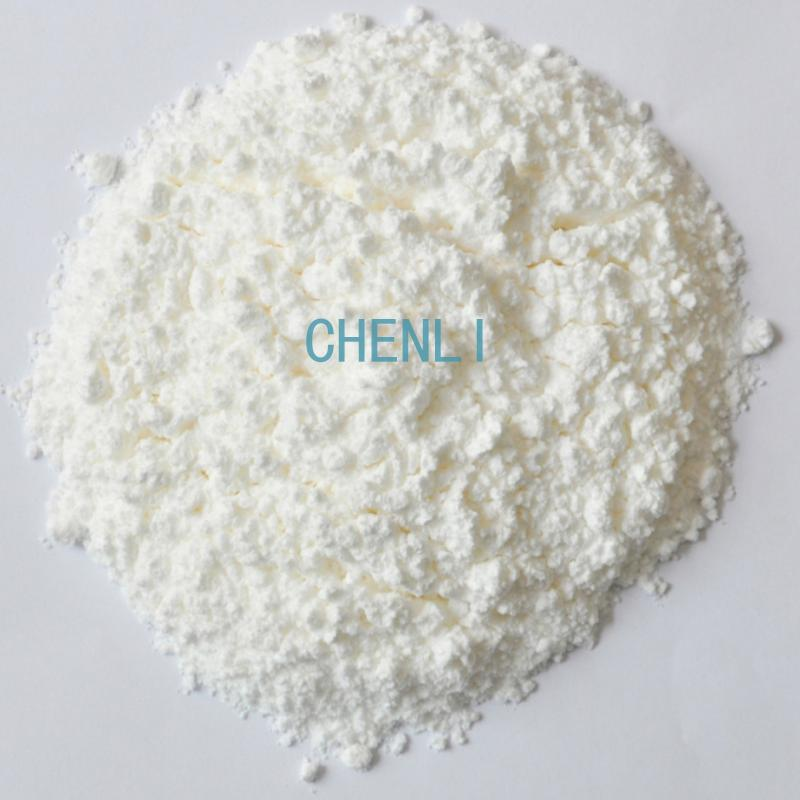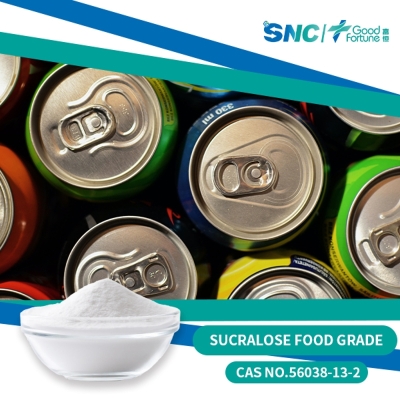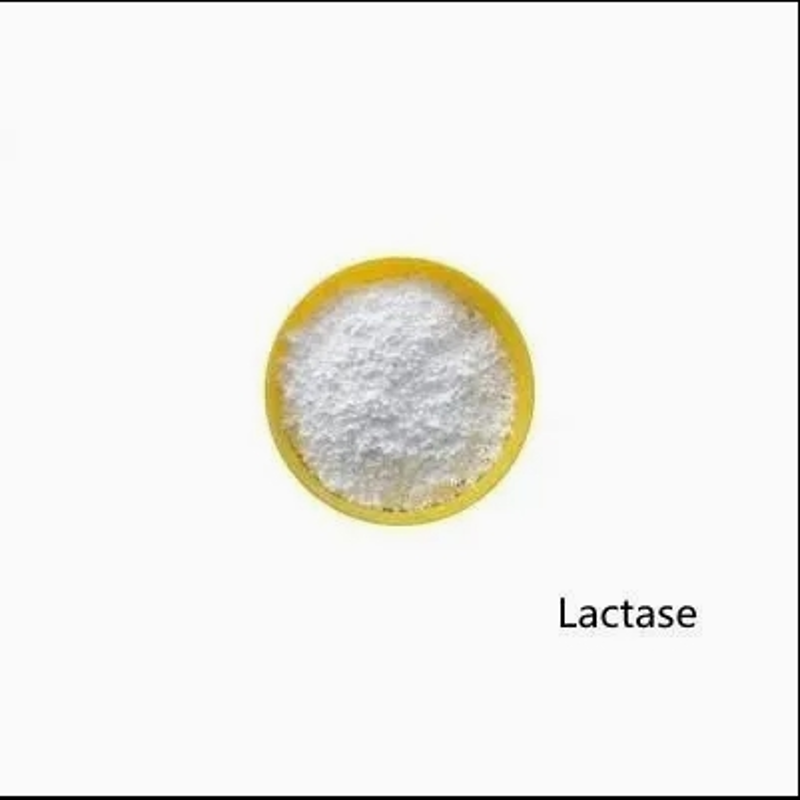-
Categories
-
Pharmaceutical Intermediates
-
Active Pharmaceutical Ingredients
-
Food Additives
- Industrial Coatings
- Agrochemicals
- Dyes and Pigments
- Surfactant
- Flavors and Fragrances
- Chemical Reagents
- Catalyst and Auxiliary
- Natural Products
- Inorganic Chemistry
-
Organic Chemistry
-
Biochemical Engineering
- Analytical Chemistry
-
Cosmetic Ingredient
- Water Treatment Chemical
-
Pharmaceutical Intermediates
Promotion
ECHEMI Mall
Wholesale
Weekly Price
Exhibition
News
-
Trade Service
In a recent study published in the international journal The Journal of Clinical Endocrinology and Metabolism, scientists from the University of Southern California's Keck School of Medicine and others found that sucrose drinks may cause young people to produce lower levels of appetite-regulating hormones compared to glucose drinks.
Excessive sugar intake is a major risk factor for obesity, and sucrose is made up of the same amount of glucose and fructose, which are often added to processed foods such as sodas, sweets, grains and canned foods, while glucose is found in foods such as honey and dried fruit.
study found that when young people consumed sucrose-containing beverages, they produced lower levels of appetite-regulating hormones in their bodies compared to glucose drinks, the main sugars circulating in the body's blood.
study, researchers revealed for the first time how individual body characteristics, including weight, sex and insulin sensitivity, affect the body's hormonal response to two different types of sugars (glucose and sucrose).
findings suggest that it is important to consider how individual body characteristics affect the response mechanisms to different types of sugars and other nutrients in the food supply. In the
article, the researchers included 69 young people between the ages of 18 and 35 who were given drinks containing glucose or sucrose, and found that when participants consumed drinks containing sucrose, they produced low levels of hunger-suppressing hormones in their bodies compared to drinks containing the same amount of glucose.
also noted that multiple individual body characteristics, including weight and gender, may also affect the body's hormone response levels to different sugars.
paper link:







